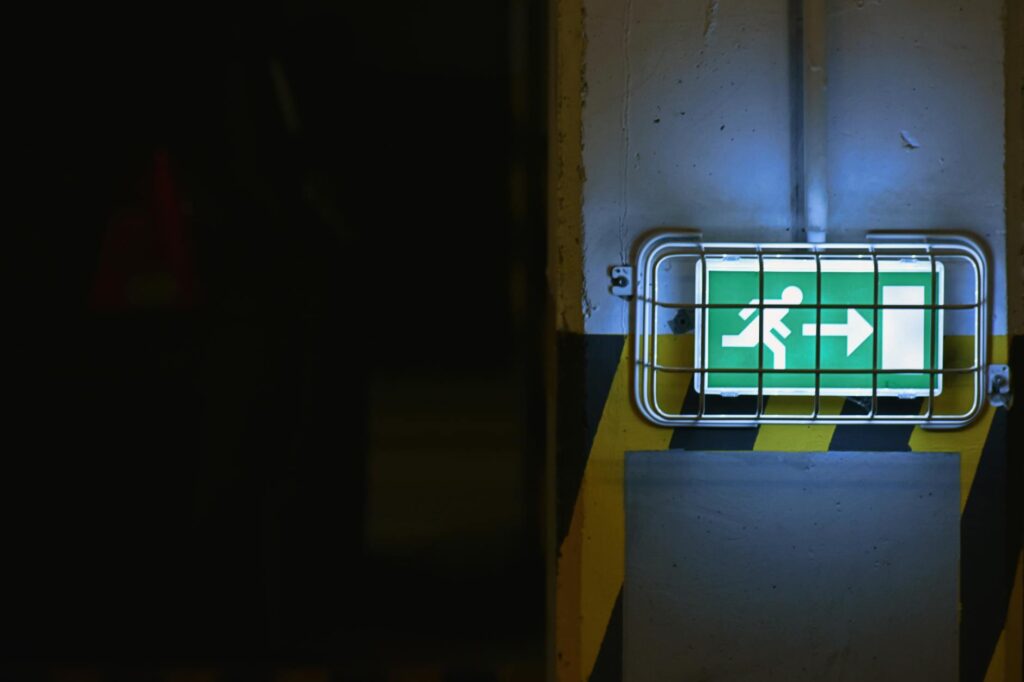Colbert’s Cancellation Feels Like the End of Late-Night as We Know It
Man, this one hurts. CBS just dropped a bombshell—they’re pulling the plug on The Late Show with Stephen Colbert. No warning, no slow fade-out. Just… done. And honestly? It’s not just about losing Colbert’s sharp takes and that smirk of his. This feels bigger. Like when your favorite neighborhood café closes down because everyone’s suddenly obsessed with delivery apps. Late-night TV’s been circling the drain for years, but Colbert’s exit? That’s the canary in the coal mine.
Wait, CBS Actually Did This?
Yeah, they really went there. The official line? “Evolving viewer habits.” Translation: people aren’t staying up to watch talking heads at 11:30 PM anymore. Which, fair. But here’s the thing—Colbert wasn’t just some guy behind a desk. When he took over from Letterman back in 2015, he turned that show into something special. Remember his Trump-era monologues? Pure fire. The way he’d rip into politics while making you snort-laugh? That’s hard to replace.
Social media exploded, obviously. #SaveColbert started trending within minutes. Meanwhile, industry folks are whispering about the real reason—money. Always about the money. “This isn’t just about one show,” a producer friend texted me. “It’s about whether this whole late-night thing even makes sense now.”
Why This Feels Like a Tipping Point
Nobody’s Watching Anymore (Except Your Dad)
Let’s look at the numbers. Colbert was still winning his time slot, but his audience shrank almost in half since 2017—from 3.8 million to 2.1 million. And young people? Forget it. My 22-year-old cousin literally asked me last week, “Wait, people still watch TV at night?” Pew Research says 72% of under-30s get their laughs from TikTok or YouTube now. Ouch.
The Money Just Doesn’t Add Up
Here’s the kicker: these shows cost a fortune to make. Like, “could buy a nice house every month” kind of money. Writers, cameras, fancy sets, big-name guests—it adds up fast. But advertisers aren’t paying what they used to. Why drop cash on a TV spot when you can micro-target Gen Z on Instagram? As one analyst put it: “Networks are doing the math, and the numbers are scary.”
So What Happens Now?
The Other Jimmies Are Sweating
You know Fallon and Kimmel are watching this like, “Am I next?” NBC and ABC swear their shows are safe, but come on. Rumor has it they’re already testing shorter episodes and YouTube exclusives. One exec apparently said—off the record—”We either change or we’re toast.” Harsh.
Meanwhile, Internet Shows Are Killing It
Ever watch Hot Ones? That show where celebs eat stupid-hot wings while answering questions? Gets more viewers than most late-night shows. Same with Amelia Dimoldenberg’s Chicken Shop Date—just two people talking in a fast-food joint, and it’s weirdly addictive. Even Colbert’s own YouTube clips often got 5-10 million views. The irony? His online audience was way bigger than his TV one.
This Isn’t Just About Ratings, Though
There’s something sad about losing Colbert’s show. It was one of the last places where politics and pop culture actually had smart, funny conversations. Like that time he destroyed a Congressman with facts while dressed as a Starfleet captain. “He made us laugh while calling out BS,” someone tweeted. With elections coming up? Yeah, we’re gonna miss that voice.
Is Late-Night Really Dead?
Not dead. But it’s on life support. The future? Probably shorter shows, more interactivity, maybe niche stuff like gaming-focused late-night. John Oliver’s weekly HBO show proves people still want smart comedy—just not necessarily every single night.
The Bottom Line
Colbert’s cancellation isn’t just about losing a great show. It’s a wake-up call. Late-night TV either reinvents itself or becomes the next Blockbuster Video. For us fans? We’ll have to follow the funny wherever it goes—YouTube, podcasts, who knows. The jokes aren’t disappearing. But the way we watch them? That ship has sailed.
Source: WSJ – US Business

